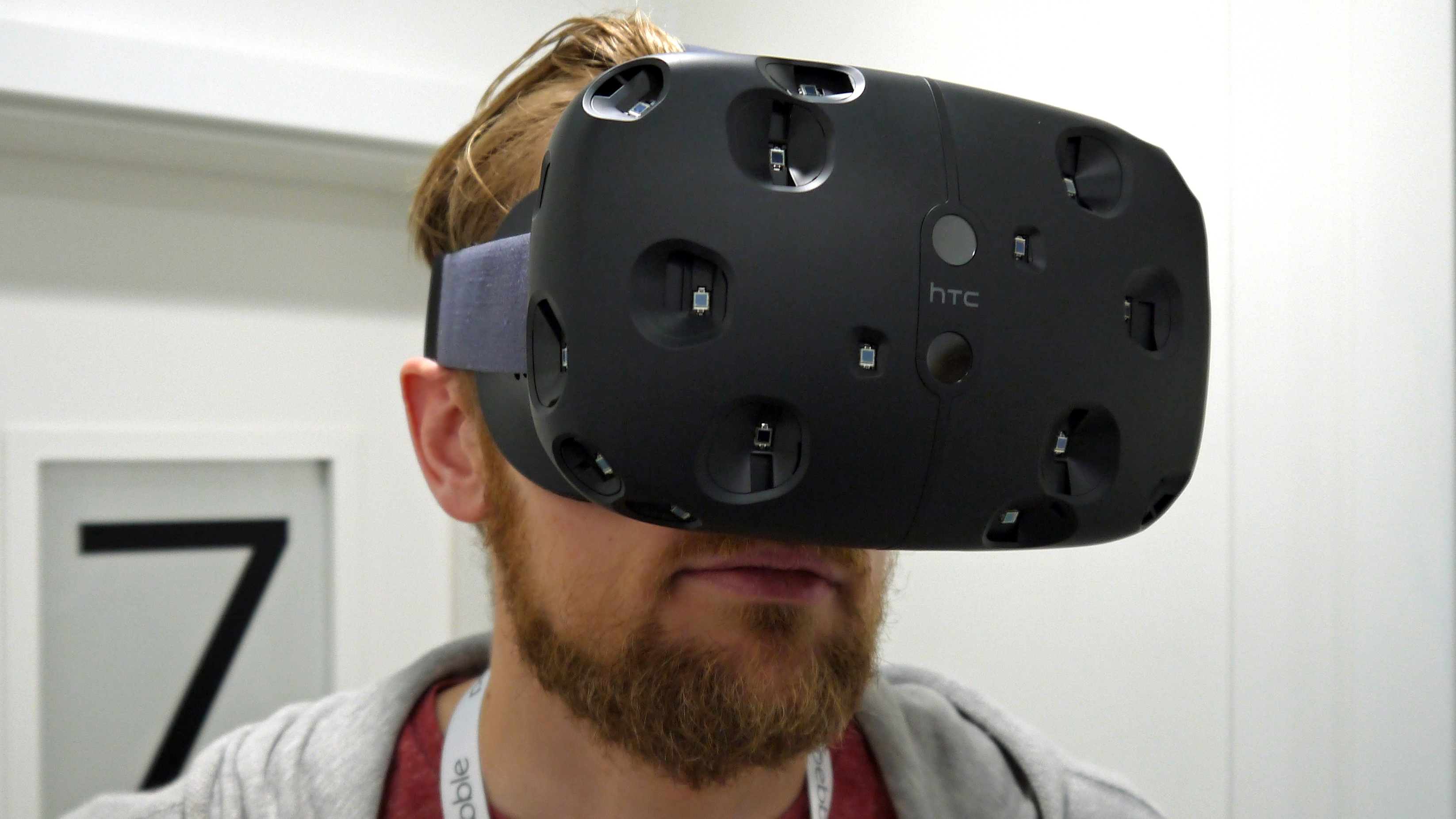New study uses virtual reality to cure severe paranoia
Using virtual reality to relearn anxious situations

Sign up for breaking news, reviews, opinion, top tech deals, and more.
You are now subscribed
Your newsletter sign-up was successful
If a team of researchers at Oxford University is to be believed, virtual reality could soon be being used to treat psychological disorders such as paranoia.
In a paper published today in the British Journal of Psychiatry, the researchers describe how they placed individuals suffering from paranoia into virtual social situations. Through interacting with the VR experience, subjects were able to safely experience situations that might otherwise have made them anxious.
At the end of the testing day, 50% of the 30 participants no longer suffered from severe paranoia. This positive impact carried through into real world situations, such as visiting a local shop.
Paranoid android
Paranoia is a psychological disorder which causes an individual to believe that others are deliberately trying to harm them. This causes them to mistrust other people, and often results in them suffering from acute anxiety in social situations.
Around 1-2% of the population are thought to suffer from paranoia, often in relation to schizophrenia. Schizophrenia, which should not be confused with multiple personality disorder, is often characterized by an individual hearing voices and otherwise failing to understand reality.
Treatment methods for anxiety often involve slowly introducing the source of anxiety in a way that allows the patient to learn that this event is safe rather than dangerous. The hope was that this VR experiment, which utilized a train ride and a lift scene, would help subjects relearn that they were safe.
Treatments must tread a fine line between pushing patients to step outside of their comfort zone while not triggering more severe anxious reactions, which can include panic attacks.
Sign up for breaking news, reviews, opinion, top tech deals, and more.
The VR simulation used does not appear to feature very photorealistic graphics, which raises interesting questions about how realistic the simulation has to be in order to have a positive impact.
Via Cnet

Jon Porter is the ex-Home Technology Writer for TechRadar. He has also previously written for Practical Photoshop, Trusted Reviews, Inside Higher Ed, Al Bawaba, Gizmodo UK, Genetic Literacy Project, Via Satellite, Real Homes and Plant Services Magazine, and you can now find him writing for The Verge.
